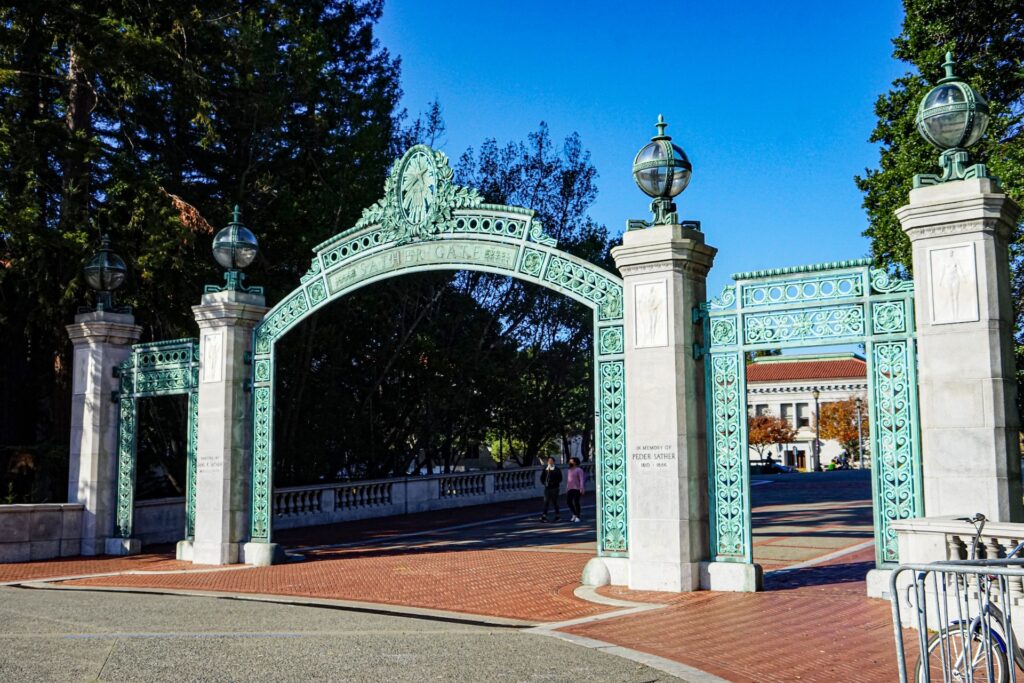What’s the Difference Between Public Colleges and Private Colleges?
by Sarah M.
With thousands of colleges in the United States, it can be overwhelming decided which ones to apply to. One way to make this decision easier is to break all those schools down into categories. The most basic way to do that is to separate the public colleges from the private ones.
What is a public college?
These are government-funded through their states. The University of Illinois, the University of Virginia, the University of California – these are all examples of public universities. In-state students usually receive some preference in the application process, and often pay a lower tuition than those from out of state. These types of universities tend to be larger than private schools, often with tens of thousands of students including both undergraduate and graduate, and often they have more diversity of all kinds within the study body.
Sometimes these universities are so large that they are internally divided into different “schools,” such as a school of engineering, of business, of agriculture, or others. When this is the case, sometimes you have to apply to those specific schools within the university, and not just the university itself.
Public universities tend to have more choices of degree program, and faculty at these schools tend to focus more on research.
What is a private college?
Private colleges are not government-funded, and rely more on their endowments and private donations in order to run. Tuition tends to be higher at these schools, but they may also offer more generous financial aid.
They can be all different sizes, but they do tend to be smaller than public universities, with smaller class sizes and more personalized attention from faculty. They sometimes have both undergraduates and graduates (university) and sometimes only undergraduates (college).
Faculty tend to focus more on teaching at private schools, and there may be fewer opportunities for research than at public schools. Private schools sometimes have very developed alumni networks, which can continue to help students in their careers even after graduation.
Takeaways:
When choosing between public and private schools, it is important to keep in mind a number of factors.
- Cost: do you have access to in-state tuition at a great public school? Are you eligible for generous financial aid from a private college?
- Learning style: do you benefit from personalized attention from your teachers, or are you a more independent learner? Will you be comfortable in lectures with hundreds of students, or would you prefer smaller seminars?
- Campus and social life: Do you envision living in a small campus where you know many of your fellow students? Or would you prefer a larger and more independent social life?
- Career: Do you plan to go into a field in which the extensive opportunities for lab work or other independent research at public universities would be helpful? Would your career goals be furthered by a strong private alumni network that might facilitate recruiting in certain fields?


